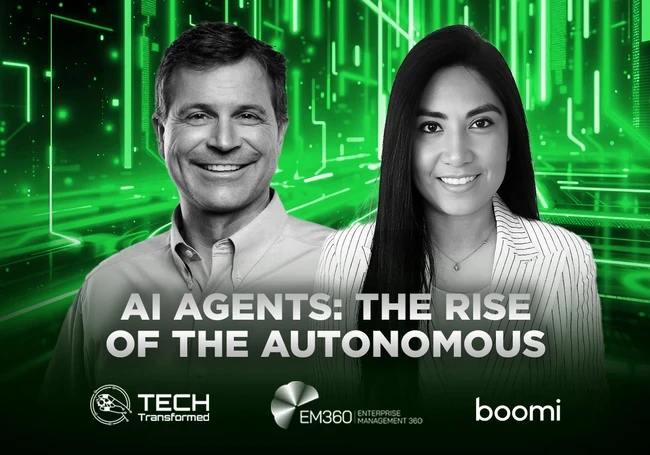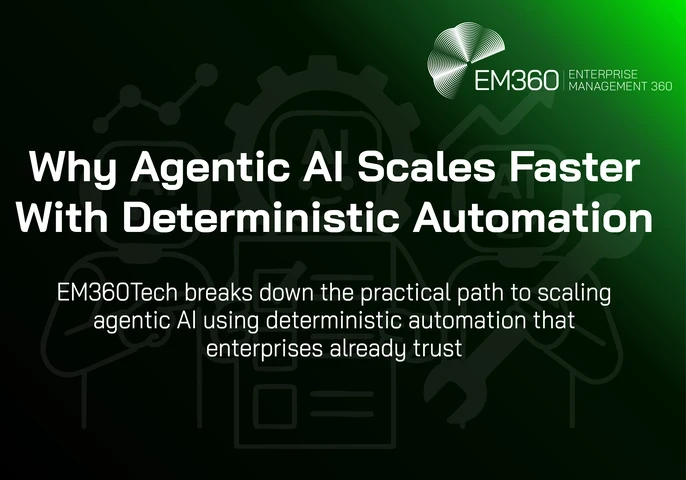In this episode of Tech Transformed, Kevin Petrie, VP of Research at BARC, and Ann Maya, EMEA CTO at Boomi, discuss the transformative potential of AI agents and intelligent automation in business. They explore the definition of agents, their role in automating processes, and the importance of human oversight.
Read more: What is Intelligent Automation Process?
Maya introduces us into the world of AI agents stating that, at its core, it’s an autonomous entity within AI systems that can perceive its environment. This creates a deep dive into how they evolved from traditional automation to “observe, think, and act” in novel and autonomous ways.
The conversation tackles the skepticism surrounding AI, with Maya acknowledging the evolution of autonomy. She also highlights the importance of human oversight in the current stage of development.
Maya expresses the critical role of data in shaping an agent's perception and decision-making process. She points out that quality and trustworthy data is important for effective AI implementation.
Both Maya and Petrie explore the practical implications of AI. They note that Google's agent-to-agent protocol is essential for controlling language model interactions. They add it also enables effective agent communication between different types within complex systems.
Learn how a collaborative and agnostic approach to AI orchestration can enable organisations to fully leverage the potential of AI agents while mitigating risks and ensuring long-term value.
Read more: Will Automation Remove Humans from Most Workplaces?
Takeaways
- AI agents are autonomous entities that can perceive and act.
- Human oversight is essential in the initial stages of AI implementation.
- Data quality and trust are critical for effective AI agents.
- Guardrails must be integrated into the design of AI agents.
- Modularity in design allows for flexibility and adaptability.
- AI should be embedded in data management processes.
- Collaboration between data and application teams is vital.
Chapters
- 00:00 Introduction to AI Agents and Intelligent Automation
- 03:10 Understanding the Role of Agents in Business
- 09:07 Establishing Control Mechanisms for AI Agents
- 12:14 Collaboration Between Data and Application Stakeholders
- 15:39 Modularity and Interoperability in Agent Design
- 20:26 The Role of AI in Data Management
- 25:41 Conclusion and Future Perspectives on AI Agents
About Boomi
Boomi connects existing systems and assets, allowing information and insights to flow seamlessly across your digital ecosystem. Its automation helps you improve collaboration, increase engagement, and become agile. Revolutionise the way you work by transforming your workflow and processes.










Comments ( 0 )